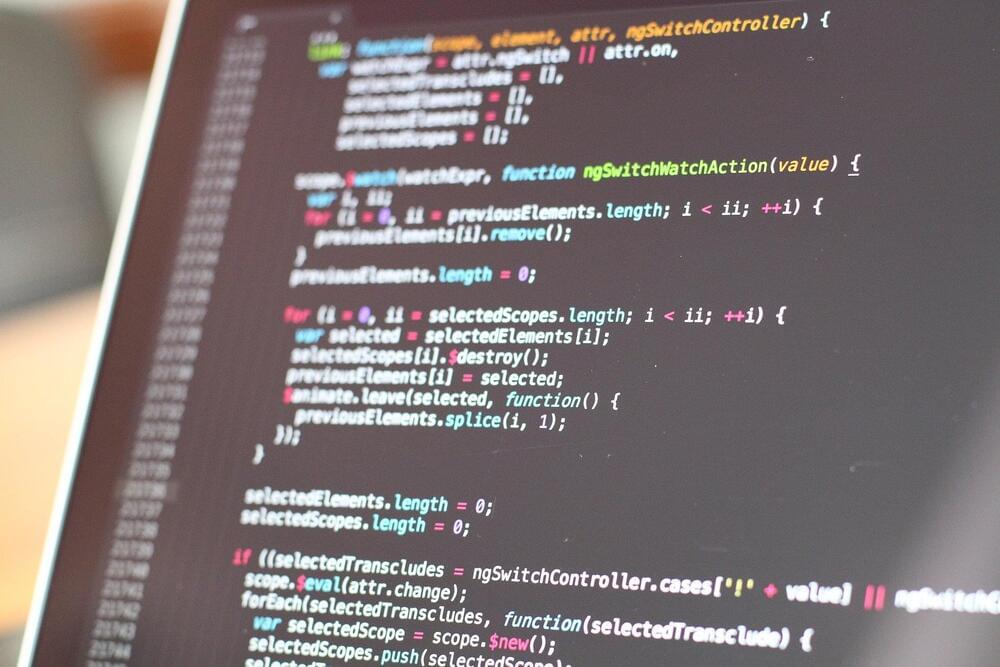New observations reveal that X-ray emissions from the Cloverleaf odd radio circle are linked to merging galaxy groups, offering new insights into these mysterious cosmic structures.
Astronomers have discovered enormous circular radio features of unknown origin around some galaxies. Now, new observations of one dubbed the Cloverleaf suggest it was created by clashing groups of galaxies.
Studying these structures, collectively called ORCs (odd radio circles), in a different kind of light offered scientists a chance to probe everything from supersonic shock waves to black hole behavior.







